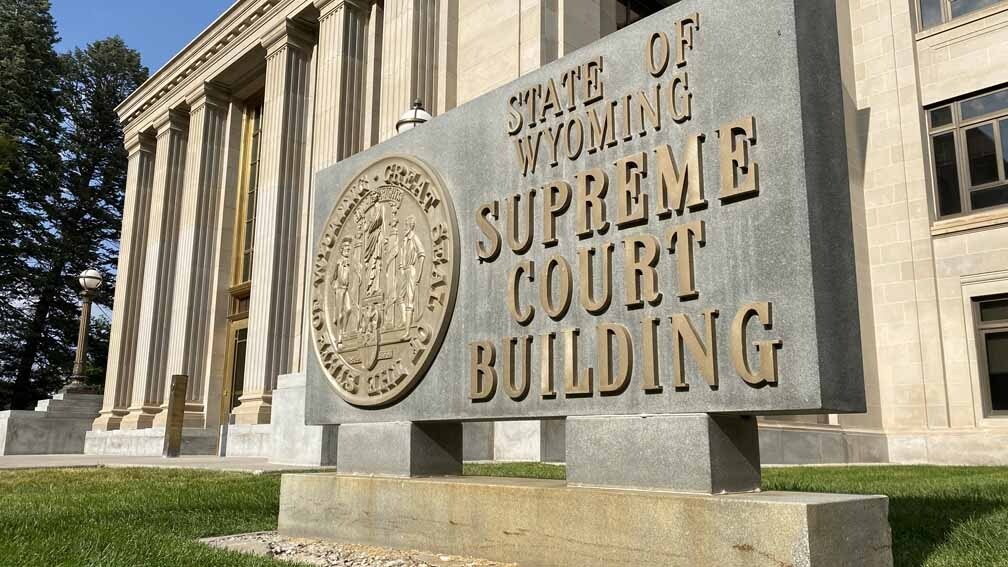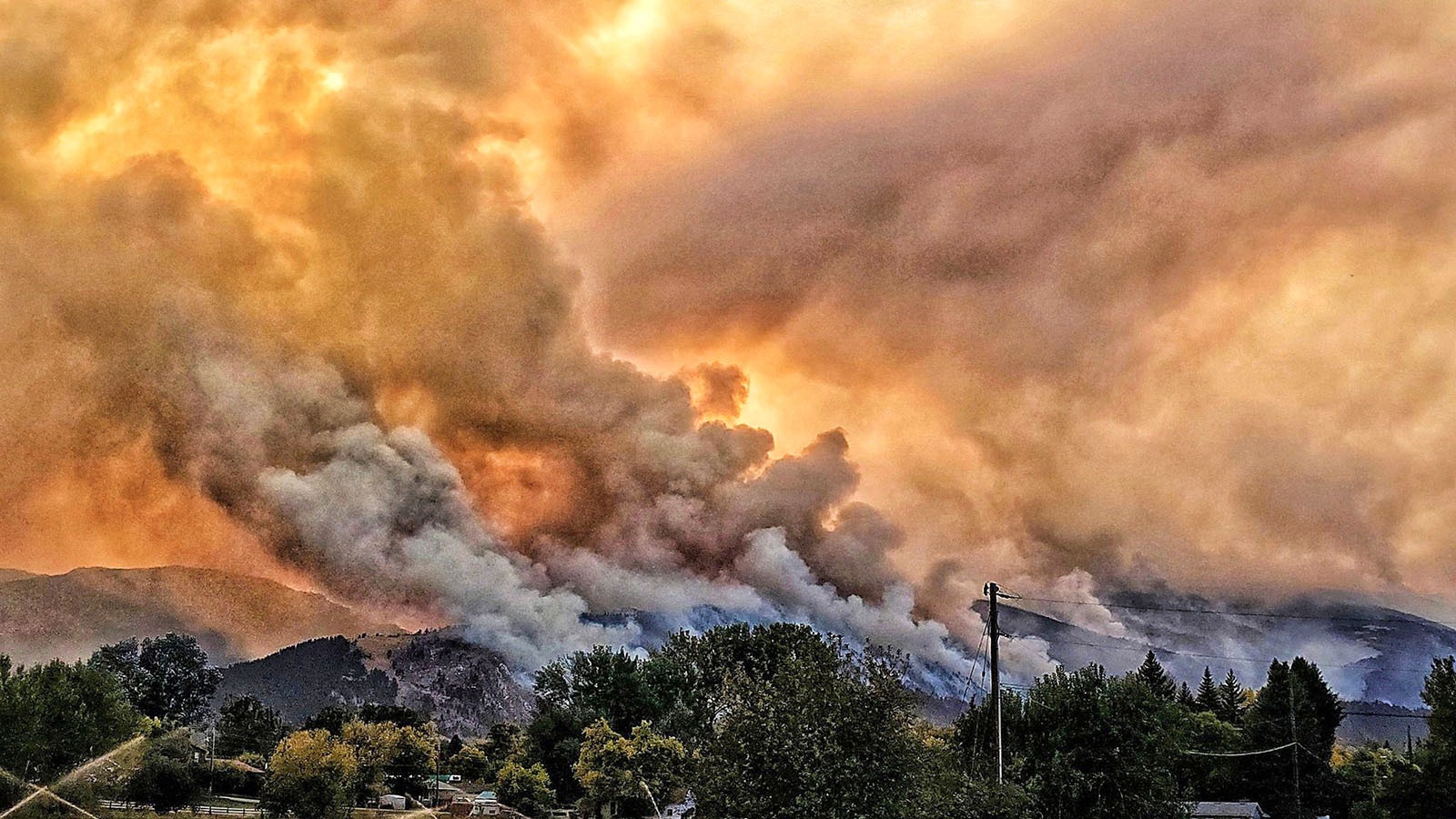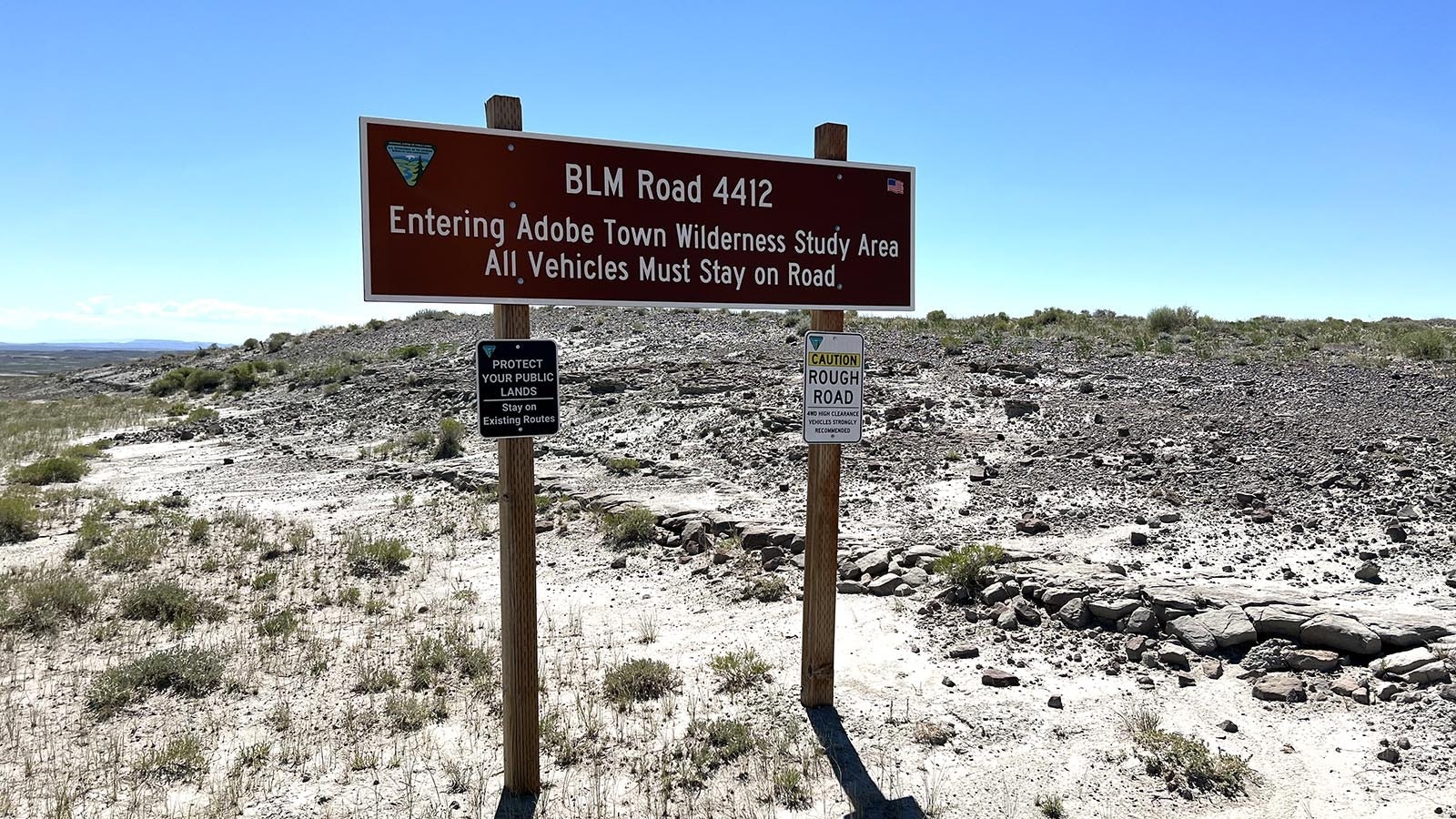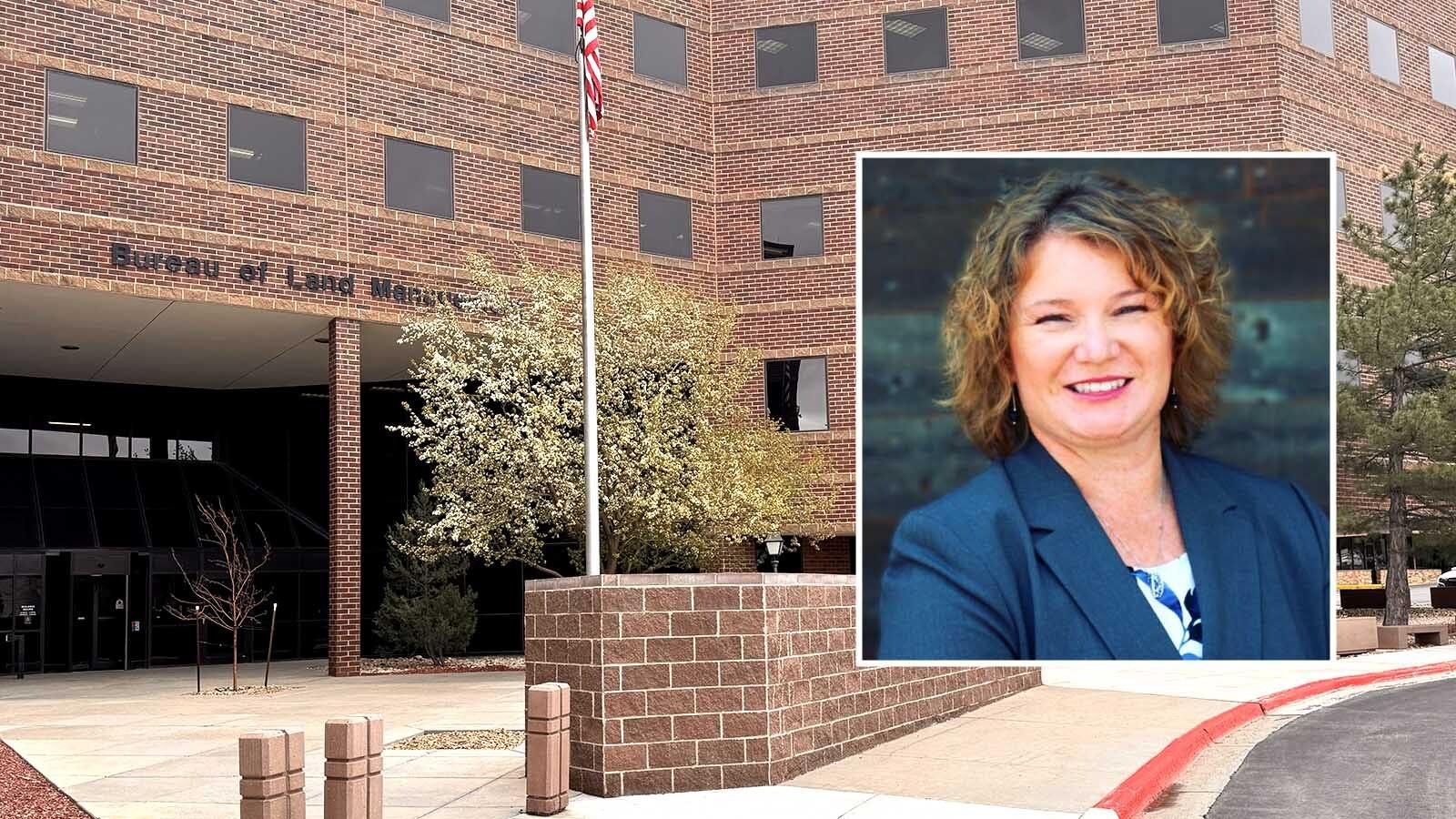A state agency did what it could to keep a Rawlins family together before it recommended that its children be adopted by other parents, Wyoming’s Supreme Court has ruled.
The court unanimously upheld a juvenile court’s ruling that the four children of parents identified only as “AW” and “KM” should not be reunited with their parents because conditions in the home continued to pose a threat to the children despite repeated state efforts to improve them.
The ruling stems from a juvenile court’s decision in June 2020 to endorse a recommendation that the children be adopted.
“(The court) found that reunification with Mother and Father was not in the children’s best interests; (the Department of Family Services) had not only made reasonable efforts, but extraordinary efforts to reunify the family; and the offered services were ‘available, accessible and appropriate,’” the ruling said.
The recommendation and ruling came after more than one year of work by the DFS to help AW and KM keep their children, the ruling said.
The DFS began its efforts in February 2019, when agents visiting the home found the three children at home at the time “were unwashed and the home dirty,” the opinion said.
“This was the first of many incidents leading to the present proceedings and these appeals,” said the ruling, written by Justice Kari Gray.
After the fourth child was born, the DFS returned to the home several times and found that conditions had not improved and that the parents were failing to maintain adequate medical care for the youngest child, who needed oxygen.
The child was sent to Denver for treatment after the parents failed to have the newborn wear its oxygen mask.
The youngest child was placed with a foster family, the ruling said.
DFS then received a report of abuse of the other three children at their home, including claims that the children were locked in their rooms for extended periods, that bruising was found on two of the children and that all three had head lice. The children were taken into protective custody.
They were returned to their parents’ custody until the father tested positive for meth use in November 2019, when they were returned to foster care.
Leading up to June 2020, the DFS made nearly daily visits to the home, cleaning it, helping eliminate the head lice, providing parenting courses for the parents, providing psychological and parenting evaluations and counseling for the children, the opinion said.
It added the DFS continued to work toward reuniting the family, but after the youngest child returned home, it was discovered the parents did not administer the oxygen the child needed.
After the juvenile court agreed with the DFS that the children should be adopted by others, the mother and father appealed the decision, saying the court abused its discretion with the ruling.
The parents argued the DFS did not provide the services they needed to be reunited with their children, but both the juvenile court and the Supreme Court disagreed.
“There was sufficient evidence for the juvenile court to find that DFS made reasonable efforts to reunify the family,” the ruling said. “The juvenile court did not abuse its discretion.”





